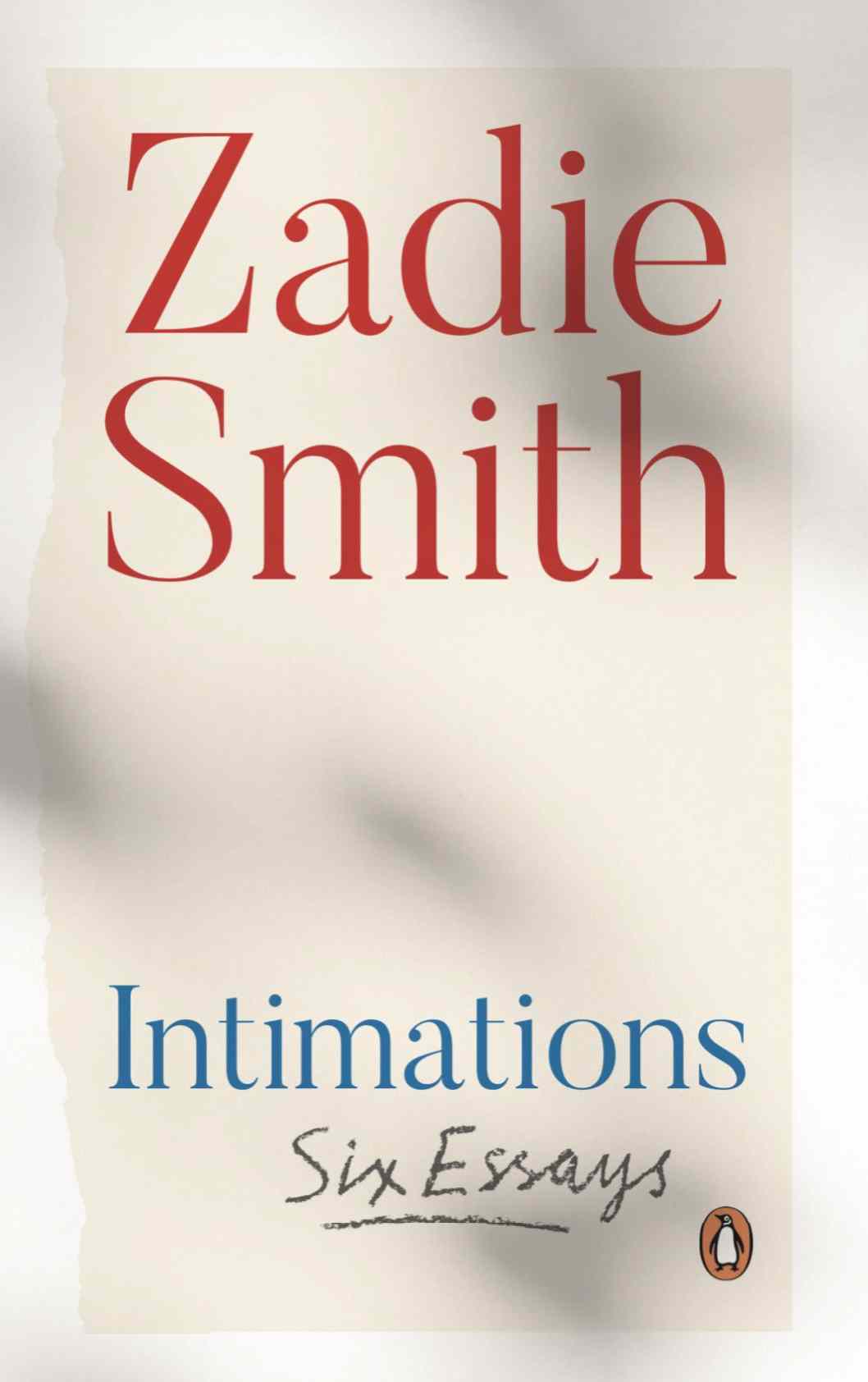
Meanwhile, Nathan, the good-looking boy Leah had a crush on at school, is living on the streets and illegally reselling tube tickets to scrape together a bit of money to feed his crack habit. Leah, a white Irish girl, has married an exotic-looking black French/Algerian - the kind of man all her black colleagues lust after - and is feeling the pressure of beginning a family she doesn’t yet want, probably because she rails against the idea of bringing up a child in the same circumstances in which she was raised while Keisha, who has reinvented herself as Natalie, is a successful black barrister with two children but finds married life so dull she has kinky sex with other couples she tracks down on the internet. It mainly revolves around Leah and Keisha, who were once best friends but now live lives that couldn’t be more different. The story is set in the London postcode of NW, an impoverished part north of the river, and focuses on four characters - Leah, Natalie, Felix and Nathan - who grew up on the same council estate and are now trying to make their way as 30-something adults. If I had chosen the novel of my own accord I doubt I would have continued beyond the first chapter.įortunately, it’s the kind of novel that actually benefits from discussion, because after my book group meeting I found myself warming to it a bit more than I had first thought, but that doesn’t mean to say I liked NW I didn’t. But I struggled with it and found it a chore to read - in fact, I only forced myself to finish it because it had been chosen for my book group and I wanted to be able to take part in the discussion. Everyone I follow on Twitter seems to love it. This book - Smith’s fourth novel - is widely lauded and regarded as her finest work.


Sometimes when I’ve finished reading a book and I express an opinion about it, I find myself completely at odds with everyone else. Fiction – hardcover Penguin 295 pages 2012.


 0 kommentar(er)
0 kommentar(er)
